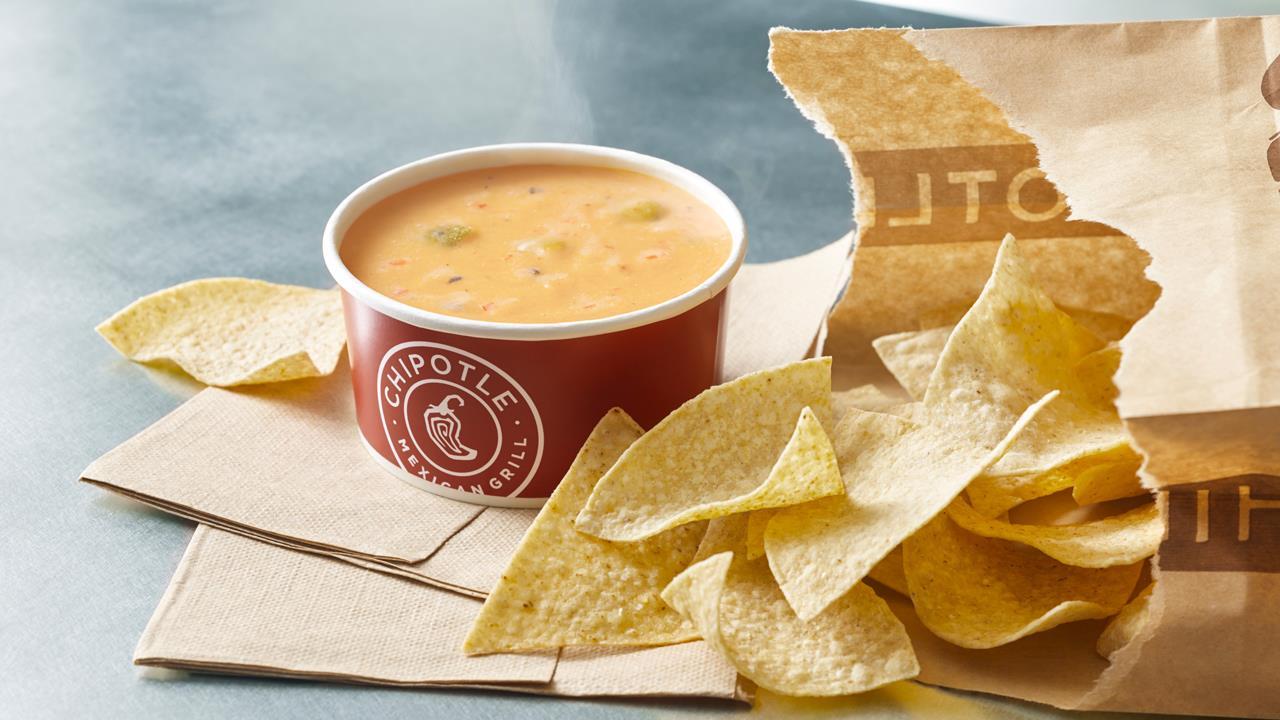Chipotle: Inside 5 years of unappetizing mishaps
Chipotle can’t seem to shake off its food misfortunes.
While the burrito chain’s latest food crisis in Ohio, where more than 600 people got ill in late July, has concluded after the CDC confirmed that a bacteria called Clostridium perfringens was the culprit after a single restaurant stored certain foods at the wrong temperature, the company’s turmoil in food safety really dates back all the way to 2013, creating five long years of drama for the Mexican chain.
2013
The drama all started back in August 2013, when the fast-causal chain made news in a Bloomberg report that said the company’s meat was not completely "antibiotic-free,” as it claimed. A Chipotle spokesman told Bloomberg at the time that they do allow beef producers to use antibiotics to treat disease but won’t allow them to routinely use antibiotics to prevent diseases and promote faster growth. Chipotle later retracted that statement, but two years later, it admitted that it has allowed its farmers to occasionally use "antibiotics" during a pork shortage, which completely debunks its “antibiotic-free” campaign.
2015
Then in July 2015, its first E.coli outbreak was reported in Seattle, where five people reportedly got sick. Then a few weeks later in Simi-Valley, California, public health officials reported that 98 customers and 17 employees fell ill with norovirus after eating Chipotle. And during that same time period, at least 17 Minnesota-based restaurants were linked to a salmonella outbreak, causing 64 people to get sick. The source of the outbreak was later identified as contaminated tomatoes.
Additionally, FOX Business reported that Chipotle’s "Farewell to GMOs" claim wasn’t entirely accurate either. Chris Arnold, a Chipotle spokesman, told FOX Business that they have "always been clear that our soft drinks contained GMO ingredients, and that the animals from which our meat comes consume GMO feed. But, that does not mean that our meat is GMO, any more than people would be genetically modified if they eat GMO foods,” he said.
However, Non-GMO Project Executive Director Megan Westgate told FOX Business, “The Non-GMO Project Standard does require that animals eat a non-GMO diet. In order to earn our seal for animal-derived products (meat, dairy, etc.), we require ongoing tests of major high-risk feed inputs like corn and soy.” The Non-GMO Project is a non-profit group committed to verifying non-GMO products.
The following month, Chipotle’s biggest nightmare began to unfold when cases of E.coli began to pop up throughout the country. Cases were reported in California, Illinois, Maryland, Minnesota, New York, Ohio, Oregon, Pennsylvania and Washington.
In November, the company announced that it would be temporarily closing more than 40 restaurants in and around Seattle and Portland, Oregon, as health officials investigate E.coli outbreaks.
Then in December, Chipotle was blindsided again with a second E.coli outbreak at a college in Boston, where over 120 students were sent to doctors.
2016
The following year, in February 2016, federal officials declared Chipotle’s two E.coli outbreaks over. The news prompted the burrito chain to close all of its 1,900 restaurants for a four-hour food safety session.
However, the following month in March, the company was hit yet again when one of their employees in a Massachusetts restaurant tested positive for norovirus, forcing the restaurant to close for a day.
2017
Then in July 2017, almost four months later, Chipotle made news again – twice. First, the company was forced to close one of its Virginia-based restaurants after multiple customers fell ill with norovirus yet again. Then a few days later, a customer videotaped a mouse at a Dallas-based restaurant falling from the ceiling, forcing the company to apologize.
“A few mice did get inside one from the outside due to a small structural gap in the building. Management immediately removed them and the gap has been repaired,” Chipotle told Fox News.
“We’ve been in touch with our guests to offer our sincere apologies. This is an extremely isolated incident but of course it’s not anything we’d ever want our guest to encounter. We conduct regular, monthly inspections to best prevent these types of issues and this restaurant has received consistently high ratings from health inspectors.”
2018
In July 2018, with the company led by new CEO and former Taco Bell chief Brian Niccol, the chain was once again in crisis mode after more than 600 people became ill at one of its chains in Powell, Ohio. Weeks later, health officials later confirmed that a bacteria called Clostridium perfringens was the culprit, after the Centers for Disease Control and Prevention (CDC) took stool samples from the affected customers. The CDC notes that the toxin typically develops when someone eats food that has been stored at the wrong temperature after cooking.
In a statement to FOX Business, Niccol said the company “has a zero-tolerance policy for any violations of our stringent food safety standards and we are committed to doing all we can to ensure it does not happen again.” He announced that while the incident only impacted one restaurant, it’s Chipotle Field Leadership “will be retraining all restaurant employees nationwide beginning next week on food safety and wellness protocols.”




















